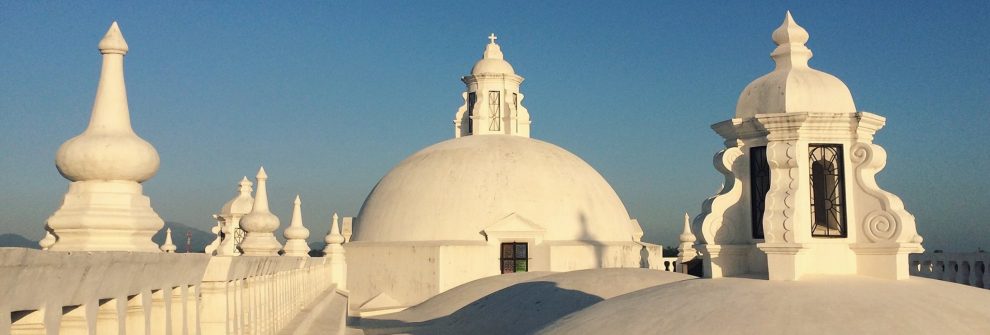Alexander Dawson, a history professor at the Simon Fraser University considers modernity to be a concept with four different elements:
- Innovation: societies that are constantly innovating will, by default, be constantly improving.
- Emancipation: modern societies are continuously becoming freer, slavery doesn’t exist and all humans have equal rights.
- Secularization: modern societies aren’t defined by religion
- Universalism: modern values are shared by everyone once they’re discovered.
Of these four elements, the one that intrigued me most was secularization because looking back at history, religion has been the rationale for many different events such as the holocaust, and even the expansion of the United States (manifest destiny). It’s interesting to recognize that religion is being snuffed out of modern societies, so much so that it’s considered an element of a modernity.
Mexico’s yearn to be a modern society (like Europe in the late 19th century and the United States in the early 20th century) was so immense, that modern armies were created and new government systems were introduced. The issue Mexico ran into with modernity didn’t simply resolve itself once boulevards and underground sewers were created nor when electricity was installed. Mexico’s society didn’t become modernized like the Europe because Mexican people did not believe that liberal democratic values were “appropriate”. (A liberal democracy being the “ultimate modern society” meaning rights should be invested in individuals rather than corporations and various kinds of groups). There are two reasons these values weren’t appropriate: there was too much political chaos at the time (late 19th century) and, like Professor Dawson said, people were “racist” and not open-minded. Democracy, thus modernity, could only be achieved if order and progress came first.
On a different note, James Creelman’s article “Porfirio Diaz, Hero of the Americas” was unique because rather than being shocked by how repressive Mexico was, he was impressed by the physical progress he saw. To me, this physical progress was a façade to trick people into believing that Mexico really was becoming a modern player along with Europe and the rest of North America. I think it’s understandable that Creelman was wrong about Diaz because the future can only be predicted based on what we know, that being said, I wonder what Creelman would have written about Diaz after he was kicked out of power. If he had written another article after, how would this have affected Mexican history as we know it today? Would it have had a similar effect on people that “Porfirio Diaz, Hero of the Americas” had?
Sophie
